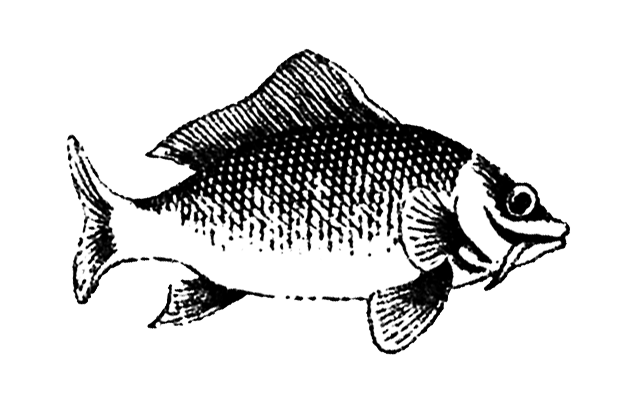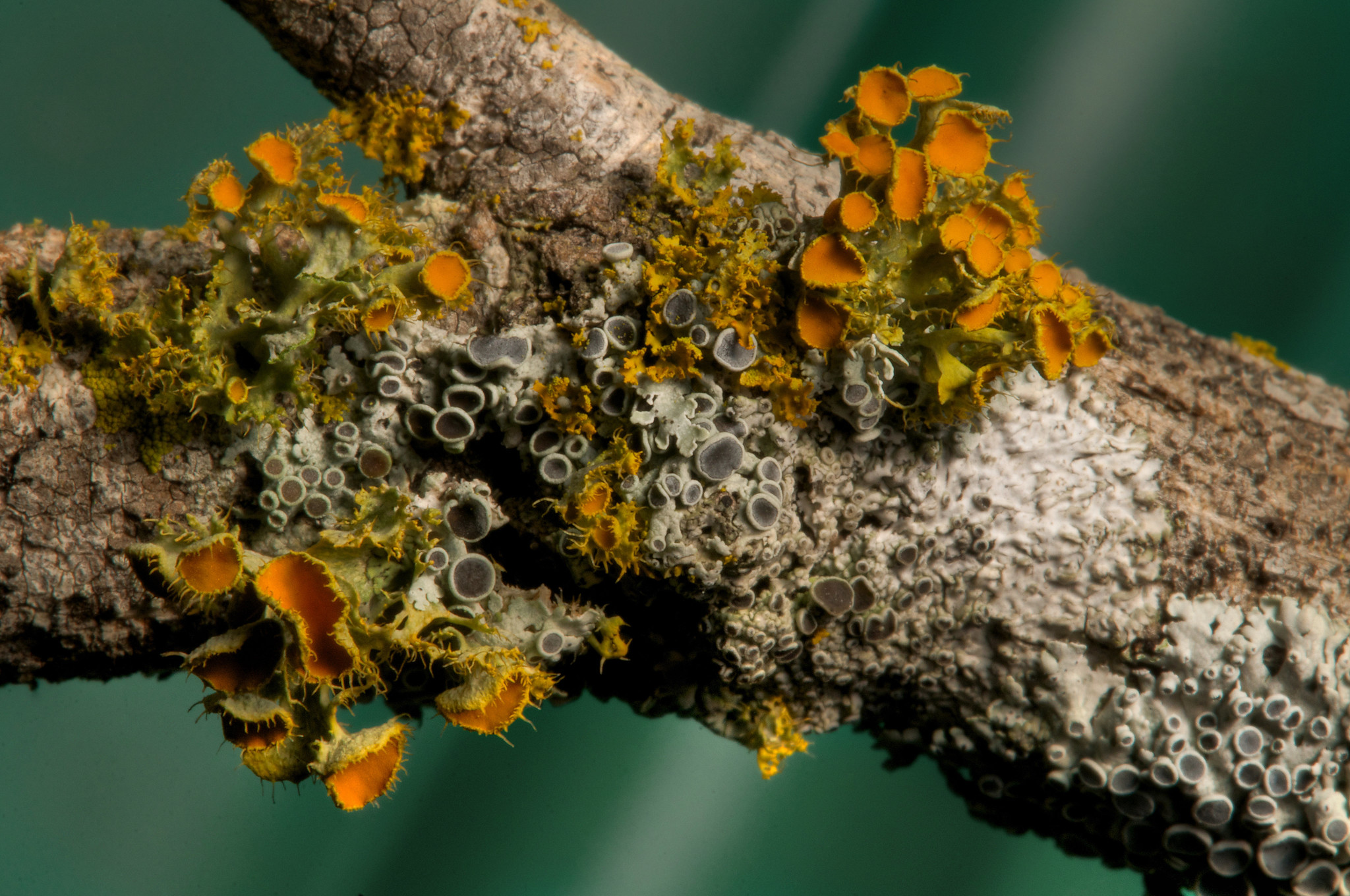
The three mortal sins of evolutionary psychology: naivety, naivety and naivety.
A long, long time ago, hundreds of thousands of years before the present, men were real men who hunted mammoths, and women were real women who hunted interesting men, so as to later dote over their children and serve them beer. People died young, and their lives were continually sculpted by natural selection. The men who were the best hunters lived longest and fathered plenty of children, and the women who succeeded in having offspring by the best hunters had the strongest and best-fed children.
Men did not take care of their offspring, because they were off hunting mammoths. So women, who raised the children, had to be finicky about their choices and find partners with good genes; after all, this was an investment for long years.
That is why, to this day, men sleep around, whereas women are rather reluctant to have sex. It takes a lot of persuasion to finally get them to agree, and they are hardly ever interested in casual sex. The best way to convince a woman is to show skill at obtaining the resources needed to bring up children. For example, by presenting a killed mammoth or, in a pinch, a sports car and a golden watch. That is because men want sex (so as to father plenty of children), whereas women want love. And sports cars and expensive watches are essential elements of such love.
This










